Want to Excel at Customer Engagement? Respect Consumer Privacy
Published on August 18, 2021/Last edited on August 18, 2021/3 min read
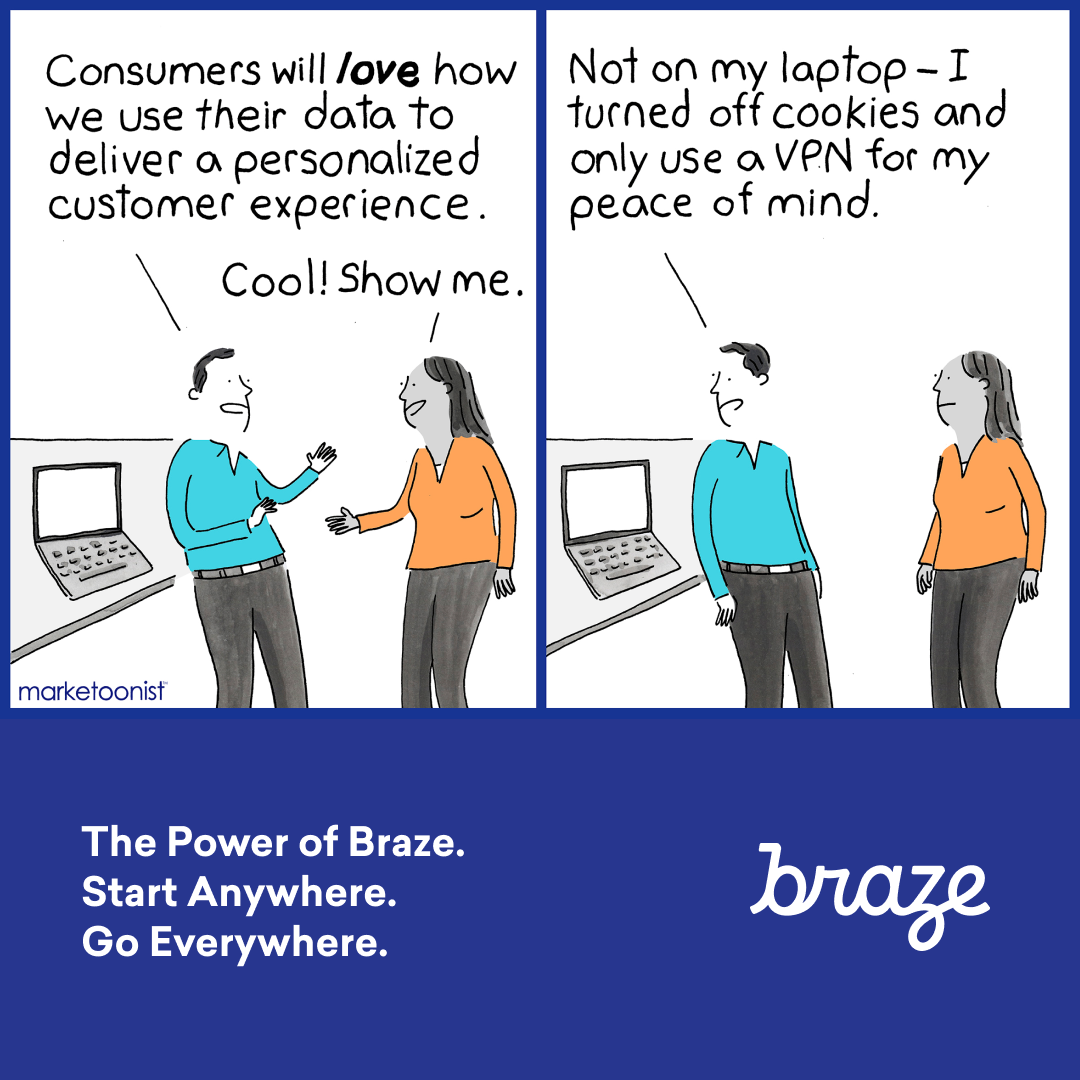

Georgia Glanville Harrison
Team Lead, Customer Success at BrazeBack in 2011, I did my dissertation on online advertising and the European Union's Unfair Commercial Practices Directive (UCPD). While studying for the final year of my law degree, I'd come to the conclusion that tracking users online without appropriate consent and then using information from those tracking efforts to target them in ways they often didn't understand was the wrong thing to do. In my view, these interactions didn't allow for the human nuance that would be expected as part of an in-person sale and made it more likely that the vulnerable would not be sufficiently protected.
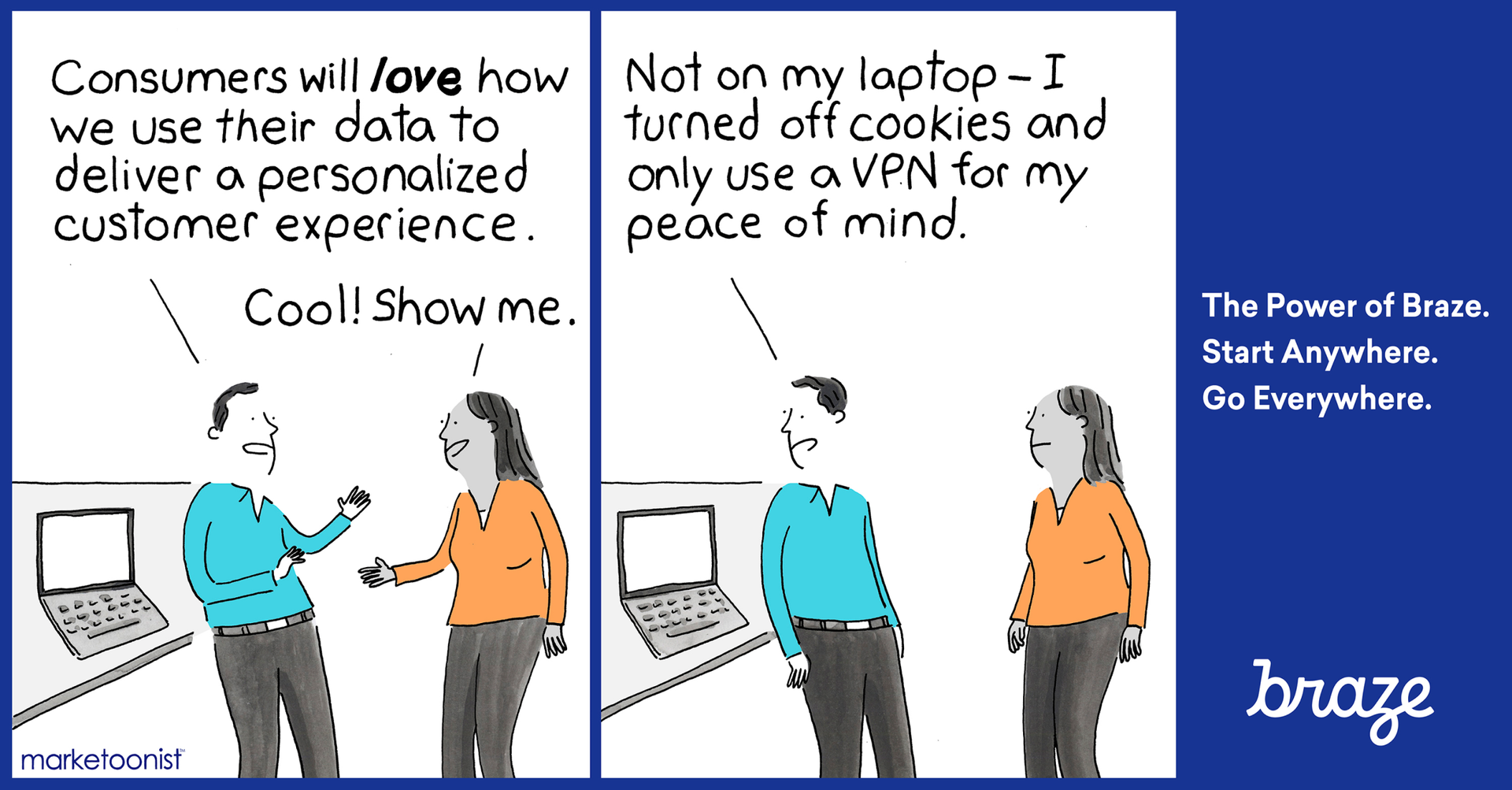
This was several years before the passage of the EU's General Data Protection Regulation (GDPR), when consumers and regulators alike were less focused on data privacy, so the position I took—that online behavioral advertising and the use of cookies violated the UCPD—was a bit of an outlier, but something I strongly believed in. However, when you fast-forward a decade, it's clear that both consumer sentiment and regulatory focus are in a very different place when it comes to cookies and consumer data tracking. And while it's been a bumpy transition at times, I think it's clearly been a change for the better.
In the intervening years, my experiences working with a procession of thoughtful, conscientious brands has shown me that respecting consumer privacy is the precursor to brilliant customer engagement. Companies who position themselves to be agile with communication in and out of their products are able to not just collect meaningful legal consent (where needed)—they're also able to go above and beyond to better understand and engage with the human emotions driving their customers' interactions with their brand. Whether you're looking at Bloom & Wild's influential campaign that gave users the ability to opt out of Mother's Day campaigns or Headspace's use of data to serve up content that's meaningful for their audience, it's clear that we're in a pivotal moment—one where being an ally to privacy-savvy consumers is essential to building lasting customer relationships.
While brands who proactively adapt to these higher standards are setting themselves up for future success, those that don't risk undermining their marketing efforts. That's the challenge here—if you don't respect customers' privacy concerns and take steps to request and honor individual user consent, you may find yourself unable to collect essential first-party data that's required to make your customer engagement strategy work. And if your rival brands do take this approach seriously, the result may be a significant competitive edge that sets them up for success while you're left behind.
Related Tags
Releated Content
View the Blog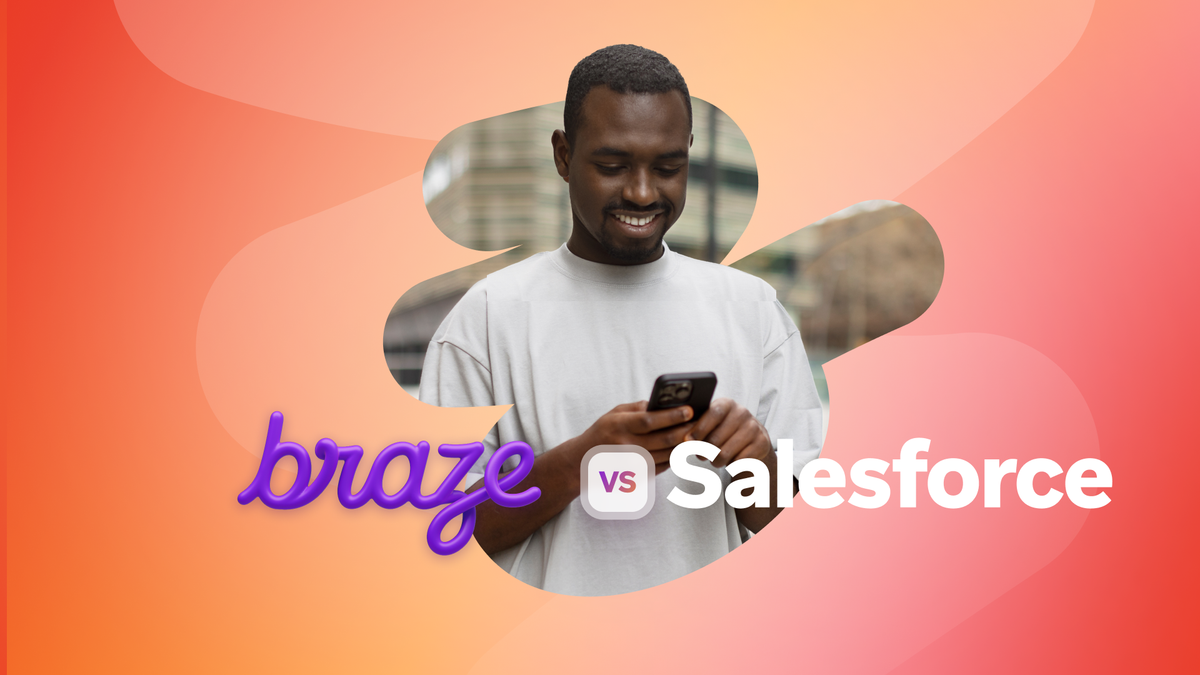
Braze vs Salesforce: Which customer engagement platform is right for your business?

Team Braze
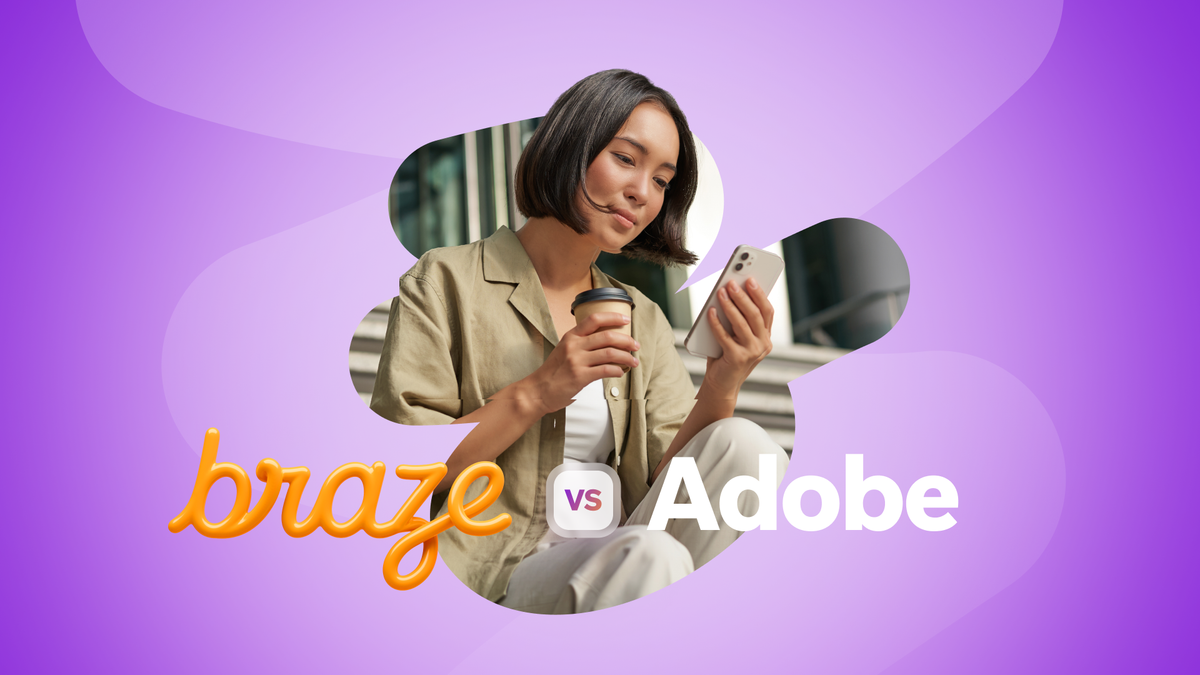
Braze vs Adobe: Which customer engagement platform is right for your brand?

Team Braze
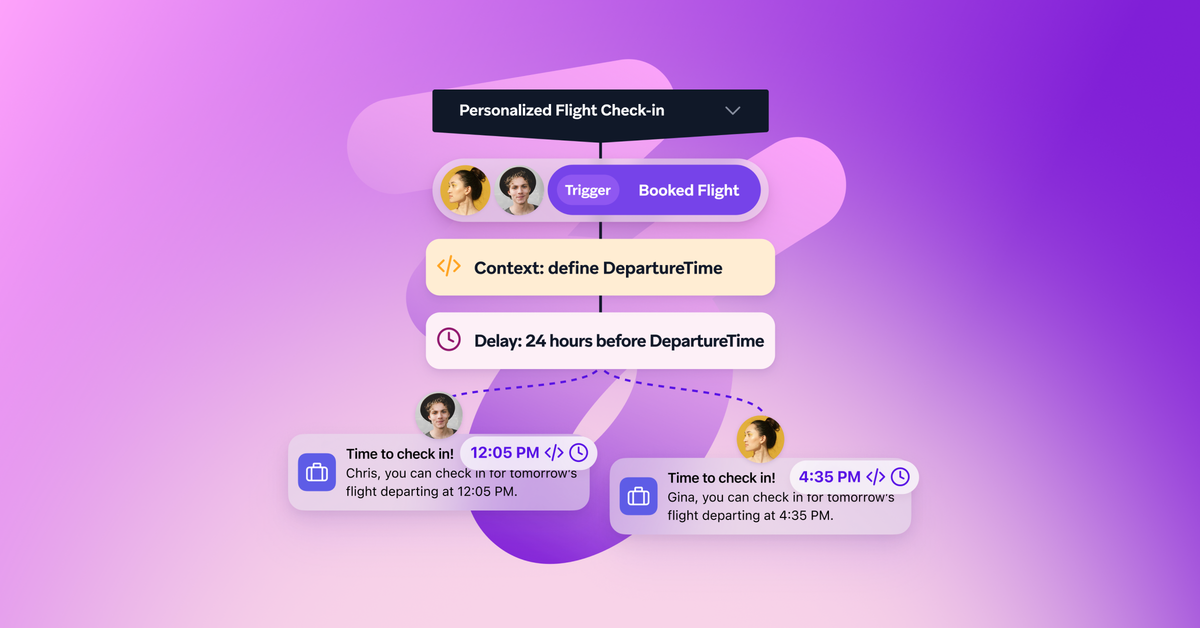
Every journey needs the right (Canvas) Context
